Frontier Markets Weekly, July 23th 2023

Welcome to the latest edition of Frontier Markets News. As always, I would love to hear from you at dan@frontiermarkets.co with news ideas, feedback and anything else you find interesting.
Sent this by a friend? Sign up here to receive FMN in your inbox every weekend.
By Dan Keeler, Ken Stibler, Noah Berman and Nojan Rostami
Africa
UAE wins key mining rights in DRC
The United Arab Emirates signed a $1.9 billion deal on Monday with a mining company owned by the Democratic Republic of the Congo. The arrangement will give the UAE rights to develop four mines in the eastern DRC, Africanews reports.
The DRC company involved in the deal owns concessions for mining tin, tantalum, tungsten and gold. The deal follows a December agreement between the two countries that gave an Emirati firm preferential export rates for several precious minerals.
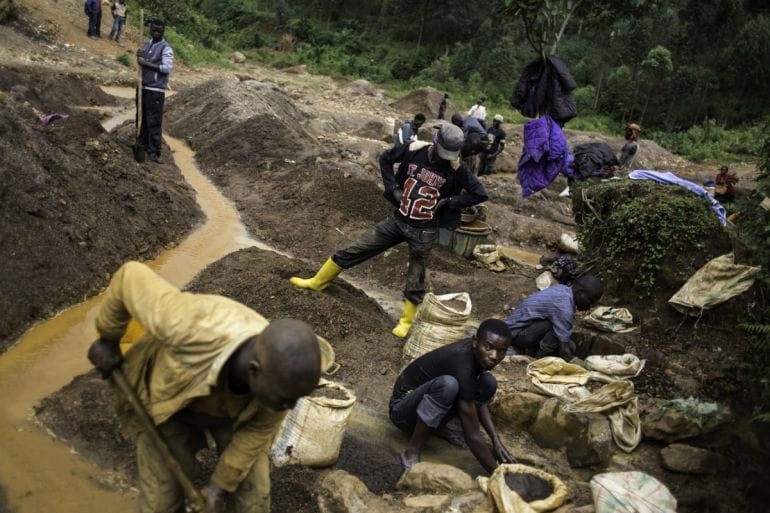
The DRC has touted the deals and others like them as a way to combat instability and undercut illegal mining in the country’s turbulent east, Al Jazeera reports. More than 120 militia groups operate in the region, many of which commit human rights abuses that could amount to war crimes, according to the UN. The situation has been exacerbated by tensions with Rwanda, which the DRC accuses of supporting smuggling that costs Kinshasa $1 billion per year in lost revenue from gold, tin, tantalum and tungsten, the FT reports.
Tunisia strikes migrant deal with Europe
Tunisia and the EU reached a deal on Sunday aimed at curbing the number of migrants that cross the Mediterranean into Europe.
Under the agreement, Tunisia will enforce stricter rules around its sea borders, crack down on people-smuggling networks, and accelerate the extradition of Tunisians illegally residing in Europe. The EU will provide funding, including $118 million for Tunisia to purchase patrol boats and drones and $169 million in unspecified budget support for the country, the New York Times reports.
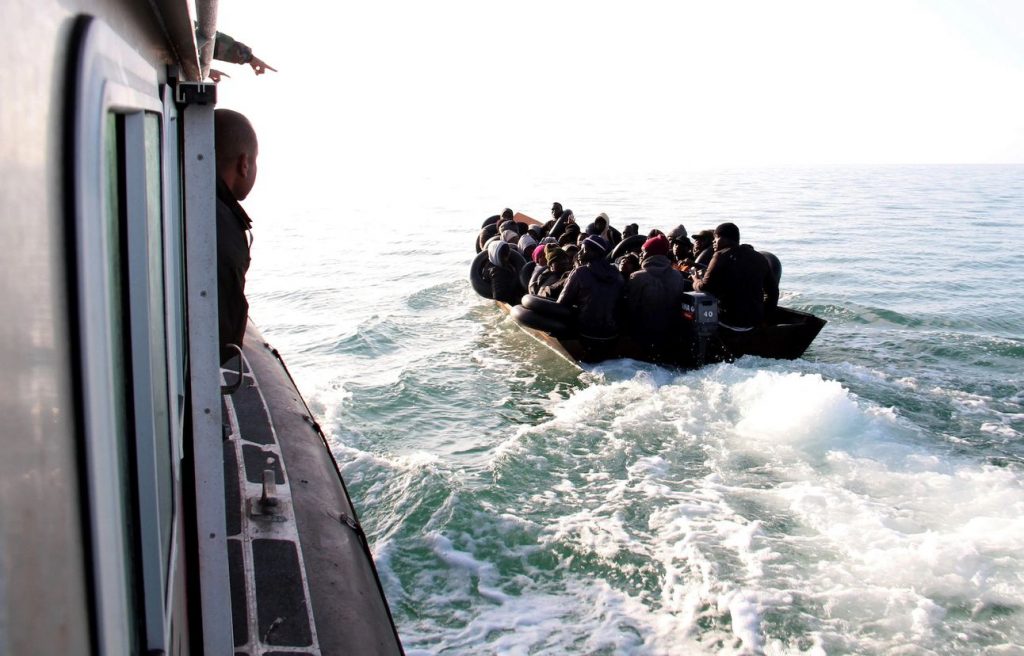
The bloc could lend Tunisia an additional $1 billion if the country reaches a deal with the IMF, Reuters reports, although Tunisia’s talks with the lender have been stalled since October.
The agreement comes as European countries diverge over migration policy and as Tunisian police, military, and national guard face criticism from human rights groups over alleged abuse of migrants. Located just 130 miles across the Mediterranean from Italy, Tunisia is a key transit point for migrants looking to reach Europe from sub-Saharan Africa.
IMF releases cash to Kenya amid domestic upheaval
The executive board of the IMF signed off on $1 billion in funding for Kenya on Monday, and made $415 million available immediately with approval for an additional $550 million to support Kenya’s climate resilience efforts.
The lender said Kenya has made progress in implementing economic reformsthat will stabilize its economy while facing the worst drought East Africa has seen in decades. The IMF cited Kenya’s recently passed budget, which raised taxes, and 2023 Finance Act, which removed fuel subsidies.

Those reforms have come at the cost, though, worsening livelihoods for the approximately 25% of Kenyans who live below the global poverty line and prompting deadly protests. Six protestors died and more than 300 were arrested in clashes with the police, AP reports.
The Kenya Conference of Catholic Bishops called on lawmakers to repeal the finance act, which they said placed an “unsustainable burden” on Kenyans.
Gasoline price hits record in Nigeria
Gasoline prices in Nigeria hit a record high of 81 cents per liter on Wednesday, a 26% increase since President Bola Tinubu scrapped a fuel subsidy in May.
The reform is one of a number of measures, including devaluation of the country’s currency, that have drawn praise from multilateral lenders and foreign investors, but ire from the many Nigerians who can no longer afford to buy gasoline. Some economists have warned reforms could accelerate inflation, which reached an 18-year high in June, and slow GDP growth.
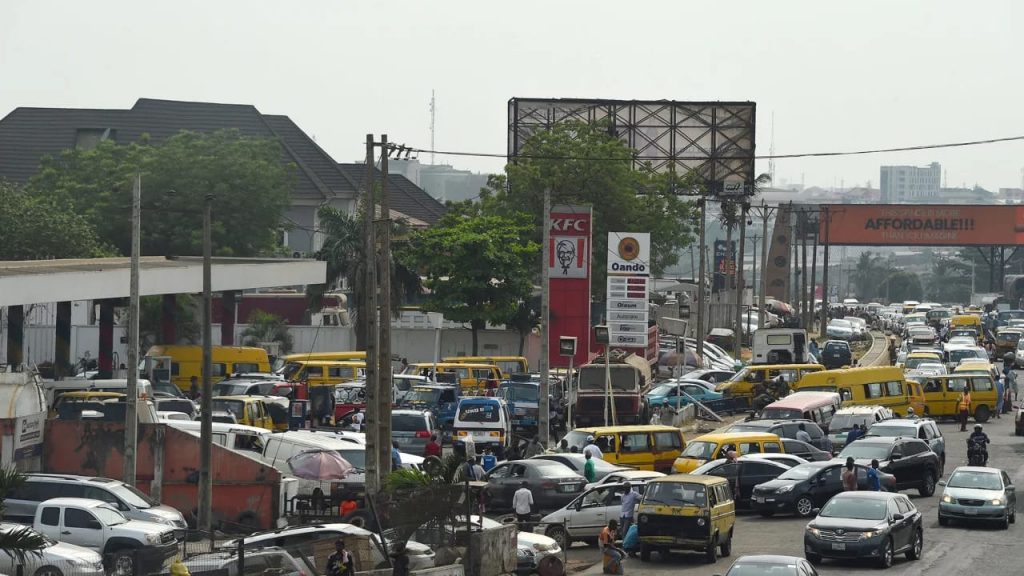
“There are already signs that the inflationary effects of the devaluation of the naira and removal of fuel subsidies are weighing on activity,” Capital Economics analyst David Omojomolo writes.
Introduced in the 1970s, the subsidy was costing Nigeria $10 billion last year, and has depleted the country’s foreign exchange reserves, according to World Bank data.
Asia
Pakistan to sell operations of its capital airport to Qatar
Pakistan announced on Thursday that it will sell the rights to manage the airport in Islamabad.
Pakistan has been involved in talks with Qatar for months to jointly manage operations at the South Asian country’s three biggest airports, in Karachi, Lahore and Islamabad, Reuters reports. Qatar said last year that it would invest $3 billion in Pakistan.
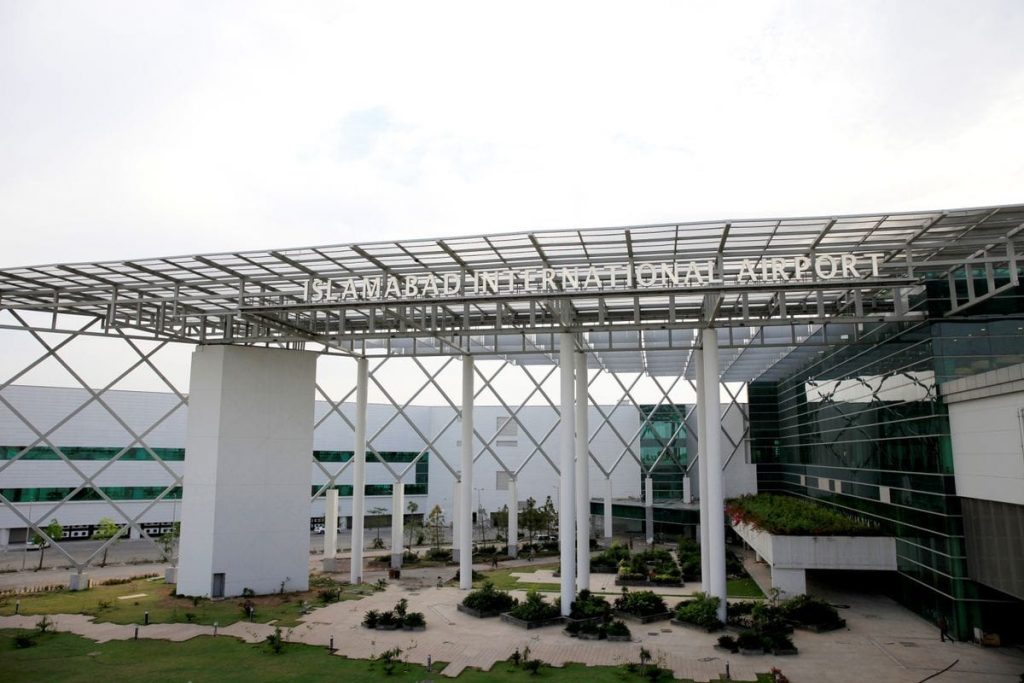
The move is the latest unconventional maneuver Pakistan has employed to replenish its depleted foreign exchange reserves. Last month, Pakistan leased one of the terminals at its Port of Karachi to the UAE for 50 years in exchange for $50 million up front and up to $24 million per year, the Express Tribune reported.
The country’s foreign exchange reserves doubled to reach a nine-month highthis week after receiving long-awaited inflows from the IMF, Saudi Arabia, and the UAE, Bloomberg reports. They now stand at $8.7 billion, up from $4.2 billion last week, Dawn reports.
A bad week for democracy in Southeast Asia
Authoritarian regimes flexed their muscles in Thailand and Cambodia this week.
In Thailand, parliament controlled by unelected military elites again rejected prime ministerial candidate Pita Limjaroenrat’s bid to become the country’s next prime minister. Pita’s Move Forward party won a plurality of seats in May’s general elections, but his ascension to prime minister has been blocked by an establishment that disapproves of Move Forward’s proposed reforms to curtail the military’s power.
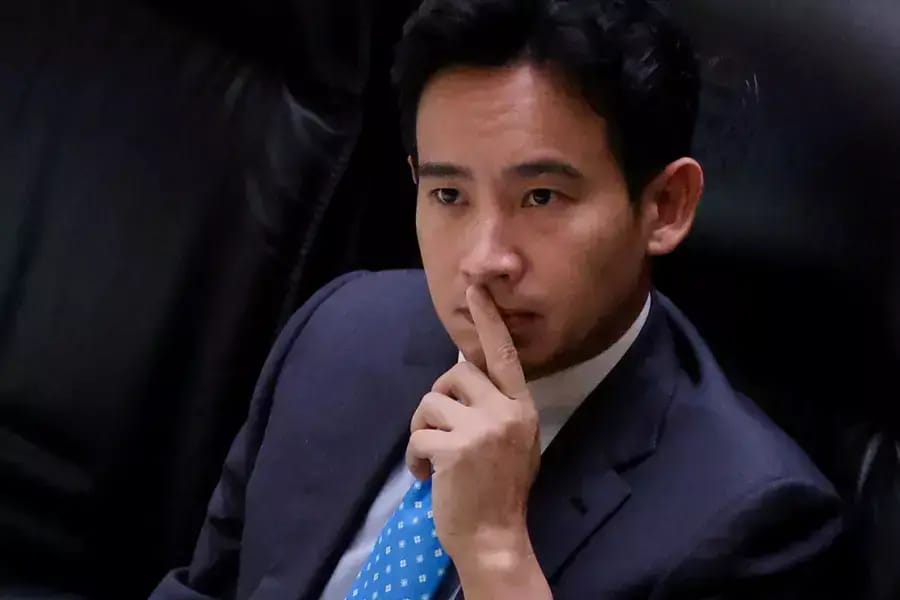
On Wednesday, Thailand’s Constitutional Court suspended Pita from parliament, the Thai Examiner reports, sparking protests. Any additional moves that restrict the country’s democracy are likely to “set Thailand on fire,” according to the Council on Foreign Relations.
In Cambodia, voters will take to the polls on Sunday in an election widely seen as rigged in favor of longtime autocrat Hun Sen, the BBC reports. Hun banned the main opposition party in May, leaving no serious challengers on the ballot. Hun, who has ruled since 1985, is expected to hand over power to his son Hun Manet soon after the election.
Did someone forward this to you? Subscribe at FrontierMarkets.co
Middle East
Turkey’s Erdoğan aims to tighten ties with Gulf leaders
Turkey’s President Recep Tayyip Erdoğan held high-level meetings with his counterparts in Saudi Arabia and the UAE during a three-day tour of Gulf states this week, the FT reports. During his visit to Saudi Arabia the two countries signed agreements on bilateral investment and cooperation in energy, media and defense, as well as a landmark deal for the purchase of Turkish Bayraktar drones.
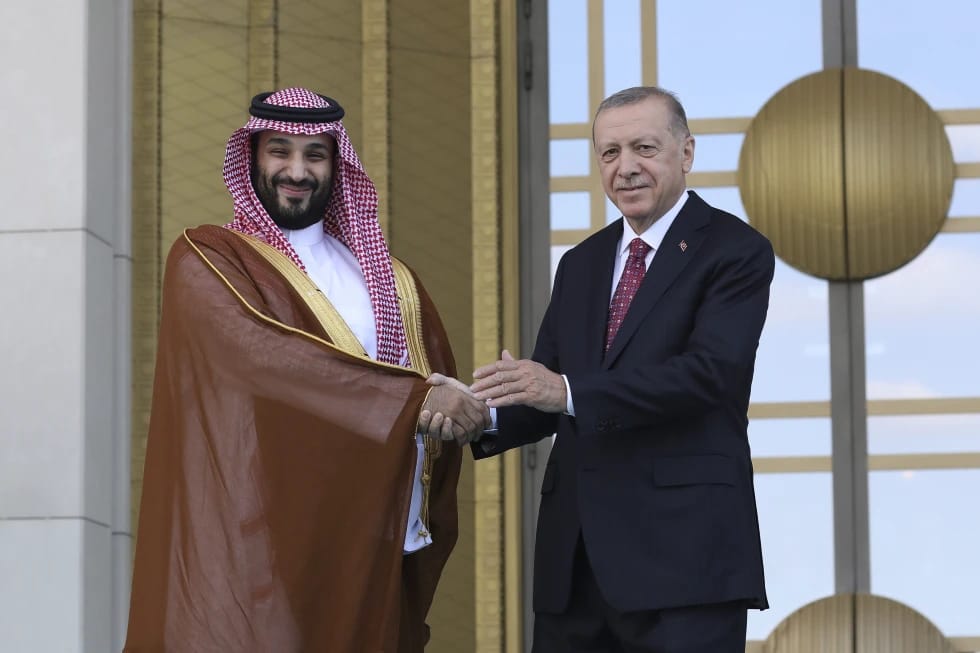
In the UAE, Erdoğan signed deals on trade-financing, earthquake recovery bonds, and energy worth a total $50.7 billion, AP reports. Since his reelection in May, Erdoğan has prioritized rescuing the struggling Turkish economy, appointing an economic team to direct monetary and fiscal reforms necessary to drum-up new foreign investment.
Erdoğan says he hopes to grow Turkish engagement with the Middle East, including potentially joining direct talks with Syria’s President Bashar al-Assad. Turkey has been the biggest military and economic supporter of the opposition to the Assad regime in Syria’s decade-plus long civil war.
Europe
Armenia sees export boom from re-exports to Russia
Armenia has emerged as a key node in a network of re-exporters to Russia attempting to satisfy the demand for foreign goods in the face of western sanctions and corporate withdrawals, the FT reports. The sharp increase in exports, particularly cars, led to a near-tripling of trade between Armenia and Russia in 2022.
The trade route involves importing foreign goods, primarily from the US, via the Black Sea port of Poti in Georgia. Armenia shares a customs-free trade bloc with Russia, making it a convenient hub for this trade. While this trade route brings a small fraction of what Russia used to import from the West, it has a substantial impact on Armenia.
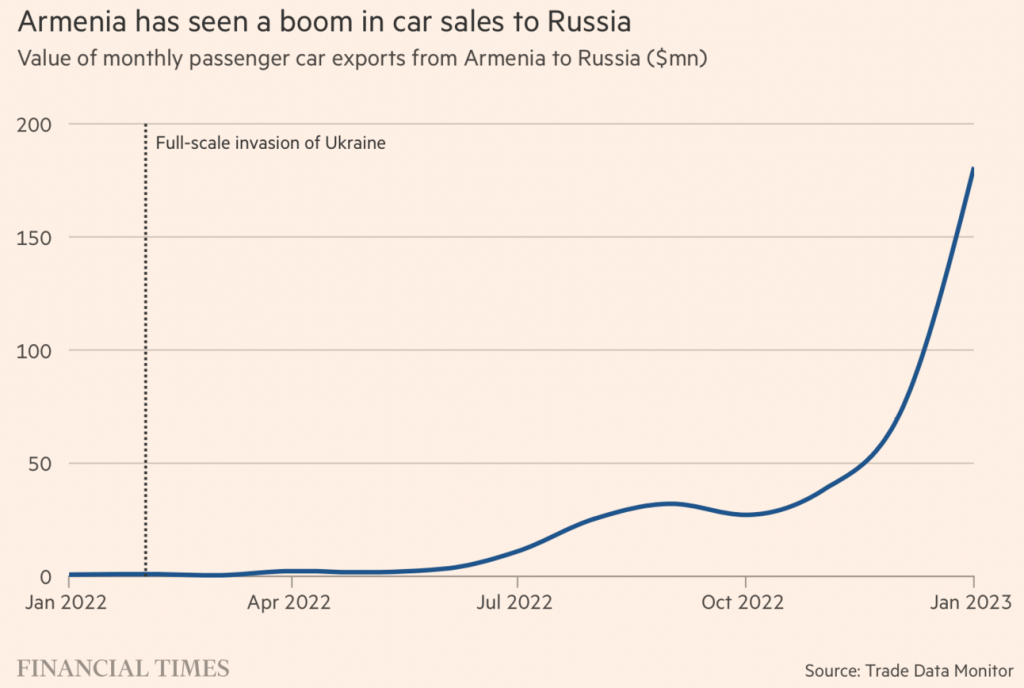
The newfound competitive advantage of location and continued integration with the West has generated an economic boom for Armenia, with GDP growing by a record 13% in 2022. However, the growth has prompted the US and the EU to allege Armenia is being used to smuggle prohibited goods to Russia, a claim that the Armenian government strongly denies.
Latin America
EU promises LatAm investment, but Colombia’s Petro prefers Chinese cash
European Union leaders announced €45 billion in investments in Latin America at a summit this week between the EU and the Community of Latin American and Caribbean States (Celac). The investment package, which includes private sector funding tied to stringent environmental standards, covers green energy, mining, healthcare and telecommunications.

While the deal was praised for its moral stance on economics by civil society groups and Argentina’s president Alberto Fernandez, Colombian president Gustavo Petro said the package didn’t go far enough. Petro acknowledged the social conscience in EU investment, but said China’s vast funding and the efficiency of its planning model made it a more attractive partner for Colombia’s attempts to transition its economy from dependence on oil.
This week’s summit was the first with Celac for eight years. While the EU has been disengaged from the region, the past 20 years have seen China increase its trade with Latin American and Caribbean 26-fold, from $12 billion to $310 billion.
Panama’s ex-president sentenced to 10 years in jail
Panama’s President Ricardo Martinelli received a 10-year prison sentence for money laundering this week, threatening to extinguish his hopes of returning to power next year, Reuters reports. Martinelli was accused of using public funds to acquire a majority stake in a media conglomerate.
Despite the setback, Martinelli’s legal team plans to appeal the sentence and expressed confidence in his candidacy for the upcoming presidential elections. Under Panamanian law, Martinelli is still eligible to run until the sentence is confirmed by higher courts.
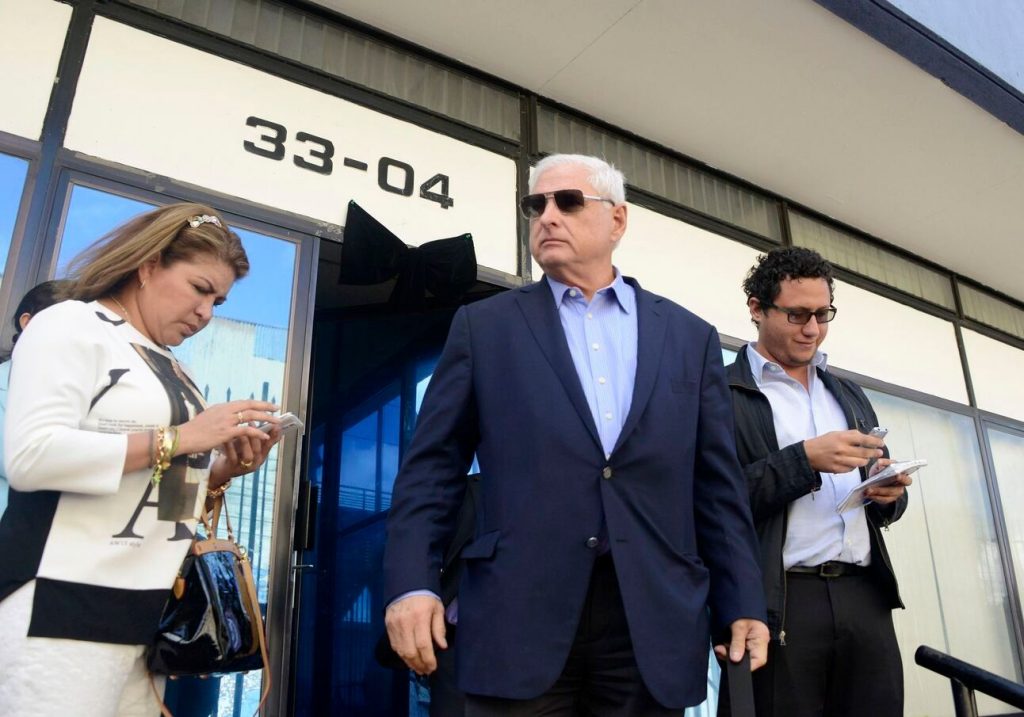
Martinell is also embroiled in the infamous Odebrecht case, a sprawling bribery scandal implicating numerous Latin American public officials. Two of his sons have also faced legal repercussions for money laundering in Guatemala and the US in connection with the Odebrecht affair.
Peru lags other emerging markets as growth falters
Peru, once hailed as Latin America’s fastest-growing major economy, now faces a technical recession despite a backdrop of global growth, Bloomberg reports. The economy contracted by 0.5% in the first five months of the year, a surprising downturn that defies the government’s claims that “Peru is back” after several months of political turmoil.
The nation has endured a series of political upheavals with six presidents in the past seven years, culminating in a tumultuous transition after the impeachment and arrest last year of then-President Pedro Castillo. Current President Dina Boluarte’s term has been marked by public protests and violent confrontations with law enforcement that have deterred tourists, undermining the economically important sector.
While strong performance by the mining sector has cushioned the economy against a larger fall, the number of people living in poverty levels has surged compared to a decade ago.
Global
World Bank stretches funding to developing economies with $5 billion program
The World Bank has introduced new lending measures to provide additional funding for emerging markets and developing economies that are facing multifaceted challenges, the FT reports. The multilateral lender announced $5 billion for a new guarantee programme that would allow shareholder countries to repay loans for countries in the event of a default.
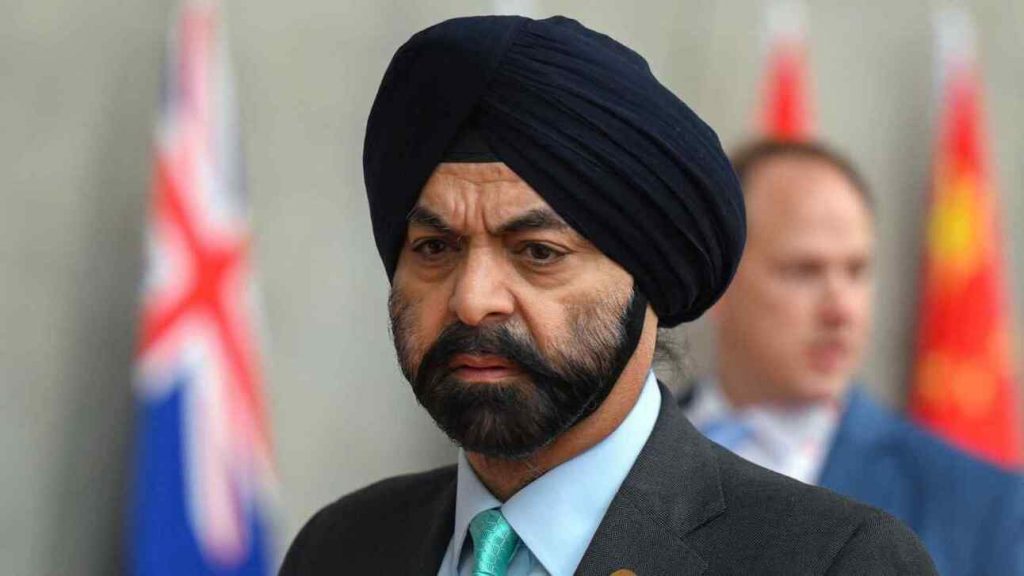
Officials estimate the measure would increase available funds by $30 billion over the next decade by allowing more lending while maintaining a AAA credit rating. Meanwhile, the Beijing-backed Asian Infrastructure Investment Bank (AIIB) approved a high-profile international partnership with the World Bank’s main lending arm to provide $1 billion in credit guarantees against sovereign-backed loans.
These moves by multilateral development banks come as global development-finance institutions see growing demands on their limited funds from climate change, a slow-moving sovereign debt crisis across frontier markets, and the effects of ongoing global food-price inflation. Post-Covid challenges and complex geopolitical climate have stretched multilateral institutions’ capacity, forcing them to seek financial innovations to expand lending capacity and mobilize more resources.
What we’re reading
Wagner troops arrive in Central African Republic ahead of referendum (Reuters)
Kenya’s protests will ‘feed an economic slowdown’ through late 2023 (FrontierView)
DRC: Some US companies ‘not filing conflict-mineral reports’ (Bloomberg)
Zimbabwe election offers regime a last chance to end financial isolation (FT)
World’s worst currency flips to best, hurting Zimbabwe’s economy (Bloomberg)
Vietnam’s glowing economic statistics raise eyebrows at home (Nikkei)
Laos’ China-built railway highlights regional connectivity changes (WSJ)
A tumultuous political environment clouds Thailand’s positive economic story (FrontierView)
Indonesia and South Korea bonds benefit from China turmoil (Nikkei)
US military to use Papua New Guinea naval base for 15 years (Nikkei)
Uzbekistan built a $580 million tourist draw, but will they come? (Nikkei)
Foreign investors sidestep China in rush into Asian stocks (FT)
Syrian pound sinks to historic low on the parallel market (Al Jazeera)
Iraq’s Total oil deal heralds new revenue-sharing formula (Reuters)
Five nation group on Lebanon says to penalize those obstructing presidential election (Reuters)
US bans 14 Iraqi banks in crackdown on Iran dollar trade (WSJ)
US issues new 120-day waiver letting Iraq pay Iran for electricity (Reuters)
US sending more Navy ships and Marines to the Gulf to counter Iran (France 24)
Iran’s morality police to resume headscarf patrols (BBC)
Saudi Arabia’s Neom seeks $2.7b loan to build futuristic city (Bloomberg)
Russia pulls out of Black Sea grain deal (FT)
Five EU states press to extend ban on Ukrainian grain (FT)
Russian oil tankers set rare course for Northern Sea Route in strategic shift (TradeWinds)
IMF talks ahead of elections spur Argentina devaluation jitters (Bloomberg)
EU considers gas imports from Argentina, document shows (Reuters)
Venezuela opposition presidential hopefuls back eventual debt restructuring (Reuters)
Haiti political deadlock slows push for international force to battle gangs (FT)
Frontier markets’ exports slow as world trade growth falls (Fitch)


